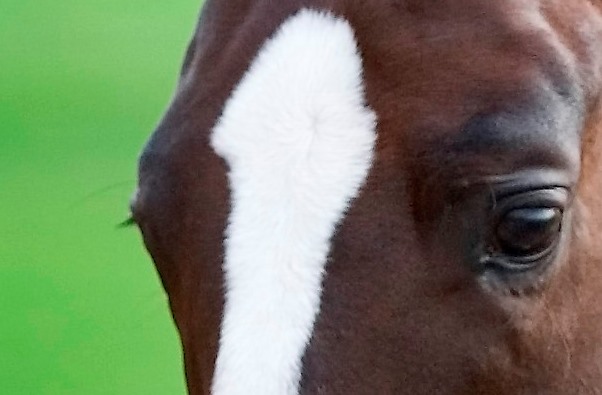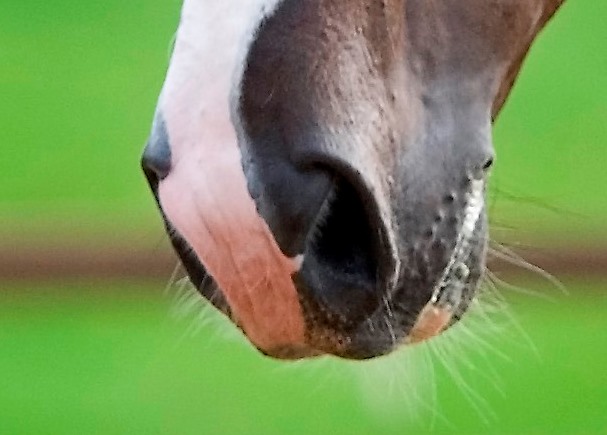


 |
 |
 |
BehaviorIn the relationship of horses and humanns, behavior is of tremendous importance. This holds true regardless of whether the horse is primarily serving as partner in leisure activities or sports or the horse is used in therapy work or in a riding school: The multi-facet role of the horse in the modern society implies complex expectations and requirements regarding the equine reaction and behavior patterns. 'Rideability' belongs to those traits that are routinely recorded in riding horses, and it is considered in the breeding programs. However, there is a lack of clear trait definitions and data recordings concepts for many important aspects of behavior, so practice and science still have considerable amounts of 'homework' to do until efficient measures for targeted improvement in the trait complex behavior will become available.Scientific studies have shown remarkable impact of genetic components on behavior. Traits like the openness to new experiences (curiosity),cooperativeness and dominance were found to be significantly correlated with the metabolism and activity of certain messengers of the nerval system (neurotransmitters) in multiple species. Accordingly, genomic tools may have considerable potential for such difficult group of traits like behavior: Based on a relatively small number of horse with high quality phenotypes (i.e. detailed information on behavior aspects) genomic regions with impact on behavior may be identified, such that they could in the future be used to derive inherited dispositions for certain behavior. |
|
|
| www.equinephenotypes.org © 2026 | ||